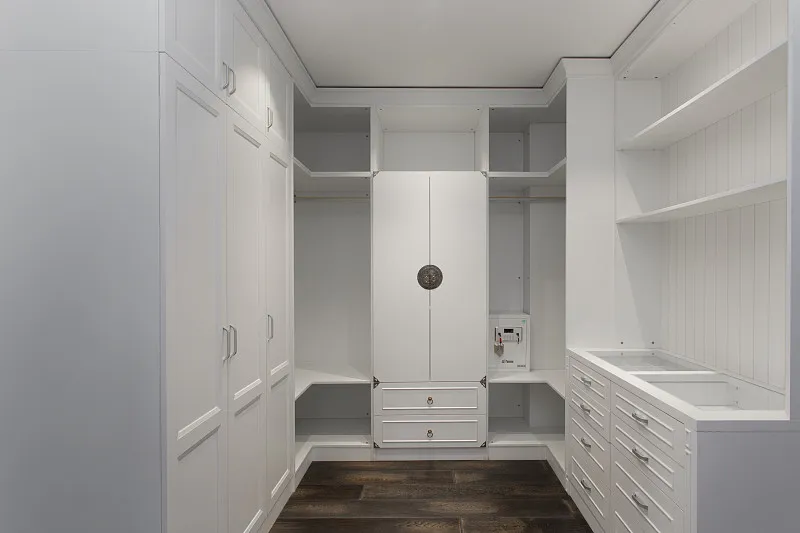How Can Furniture Businesses Choose the Best Hardware Suppliers?

The Importance of Selecting the Right Hardware Supplier
Choosing the right hardware supplier is as crucial as picking the right teammates on the field. Hardware components are not only about product lifespan and safety but also directly impact a company’s brand image and market competitiveness. Selecting the most suitable hardware supplier involves considering aspects such as quality, price, delivery time, product variety, and brand reputation, as well as strategies for different types of enterprises.
The Importance of Hardware Supplier Selection
High-quality hardware can significantly enhance user experience, strengthen brand credibility, and gain widespread recognition. Selecting a hardware supplier is not just about cost control and operational efficiency but also directly affects a company’s leading position in a competitive market.
A quality hardware supplier is more than a business transaction; they are part of your competitive edge and a vital partner on the road to success for furniture businesses. Therefore, selecting and nurturing quality suppliers and establishing solid cooperative relationships with them is crucial for the long-term development of furniture companies and is one of the keys to success.

Key Factors in Selecting a Hardware Supplier
When choosing a hardware supplier, focus on the following key factors:
- Quality
Pay attention to product quality and technical capabilities. Hardware is the heart of furniture products. Good hardware accessories reduce maintenance troubles, give customers peace of mind, and improve reputation and brand loyalty. - Price
Balance price with cost-effectiveness. Price is key to a company’s cost control, but a price that is too low may lead to a decline in quality. The goal of maximizing cost-effectiveness involves not only the purchase price but also factors like installation ease and transportation costs. - Delivery
Emphasize supply capacity and on-time delivery. Delivery capacity is directly related to the continuity of furniture production and the grasp of market opportunities. Suppliers who deliver on time ensure smooth operation of the production line. - Variety
Focus on product diversity. Just like shopping at a supermarket, a wide range of products makes one-stop shopping convenient and worry-free. Suppliers with a rich product range can meet the diverse needs of enterprises, simplify the procurement process, and reduce costs. - Brand
Pay attention to image and reputation. Brand is like a business card, helping consumers accept your products more easily. Choosing a hardware supplier with a good reputation can enhance a company’s brand image, increase product value, and make products more popular in the market.

The Three Main Roles of Brand
- Value Identification: Improves cognitive and decision-making efficiency, quickly winning trust.
- Value Assurance: Brands mean quality assurance and fewer after-sales issues.
- Value Demonstration: Enhances corporate brand image, allowing products to command a higher price.
In addition to focusing on the quality, price, delivery, and variety of furniture hardware suppliers, the following aspects should not be overlooked:
- Innovation and R&D capabilities: Provide continuous innovation and R&D support to maintain product competitiveness.
- Customer service and support: Provide timely and professional technical support and after-sales service, such as product installation guidance and training.
- Digital application management: Use digital tools to optimize supplier management, improving supply chain transparency and collaboration efficiency.
- Diversified cooperation models: Not limited to traditional buyer-seller relationships. Explore more innovative cooperation models, such as joint R&D, joint promotion, resource sharing, and collaborative planning, to achieve win-win development.

Supplier Selection Strategies for Different Business Types
There is no best product, only the more suitable one. Different types of businesses naturally have different standards for selecting suppliers. The key is that companies must first clarify their target market and customer needs, and clearly define where their product features and competitiveness lie, in order to find the truly suitable partners.
- Differentiation Strategy Companies: Committed to attracting consumers by providing unique designs, excellent quality, and services. These companies are usually positioned in the mid-to-high-end market, striving to become leading brands in the industry. To maintain market competitiveness, they need to choose suppliers with innovative R&D capabilities and stable quality assurance.
- Cost Leadership Strategy Companies: Such as large-scale production super factories, cost efficiency and supply chain stability (cost-performance ratio) are the two most critical points, which directly relate to whether the company can provide products at a low cost in the market, thereby achieving a competitive advantage.
- Focus Strategy Companies: Enterprises that focus on niche markets or products, digging deep to explore market potential and providing specialized products or services to meet the needs of specific customer groups. They should look for first-line brand suppliers with profound insights into related fields to ensure the satisfaction of specialized and personalized needs.

High-end Brands: Focus on Professionalization Strategy Like high-end custom tailors, these companies are committed to creating high-end, uniquely designed furniture. They should seek first-line brand suppliers with an innovative spirit and technical expertise to provide unique and excellent design and technical solutions.
Single-Product Companies: Focus on Professionalization Strategy Single-product companies need high-quality hardware accessories and should choice suppliers with professional knowledge and industry experience.
Regional Brands: Focus on Professionalization Strategy Focused on leveraging regional service advantages, choose suppliers that can improve brand awareness and value, ensuring to maintain and enhance a professional leadership position locally.
First-Line Brands: Usually adopt a strategy model centered on differentiation, combined with focus on professionalism and cost-effectiveness. When selecting suppliers, focus on their innovation strength, product quality, cost control, and delivery. For different product series, companies will have differentiated selection criteria and priorities, such as the traffic series, which will pay more attention to cost control and supply chain stability (cost-performance ratio).
Establishing and Optimizing Supplier Relationships Establishing and optimizing supplier relationships is also crucial. Companies can continuously optimize their cooperative relationships with suppliers by establishing feedback mechanisms, regularly evaluating supplier performance, and jointly formulating development plans, to achieve win-win development.
